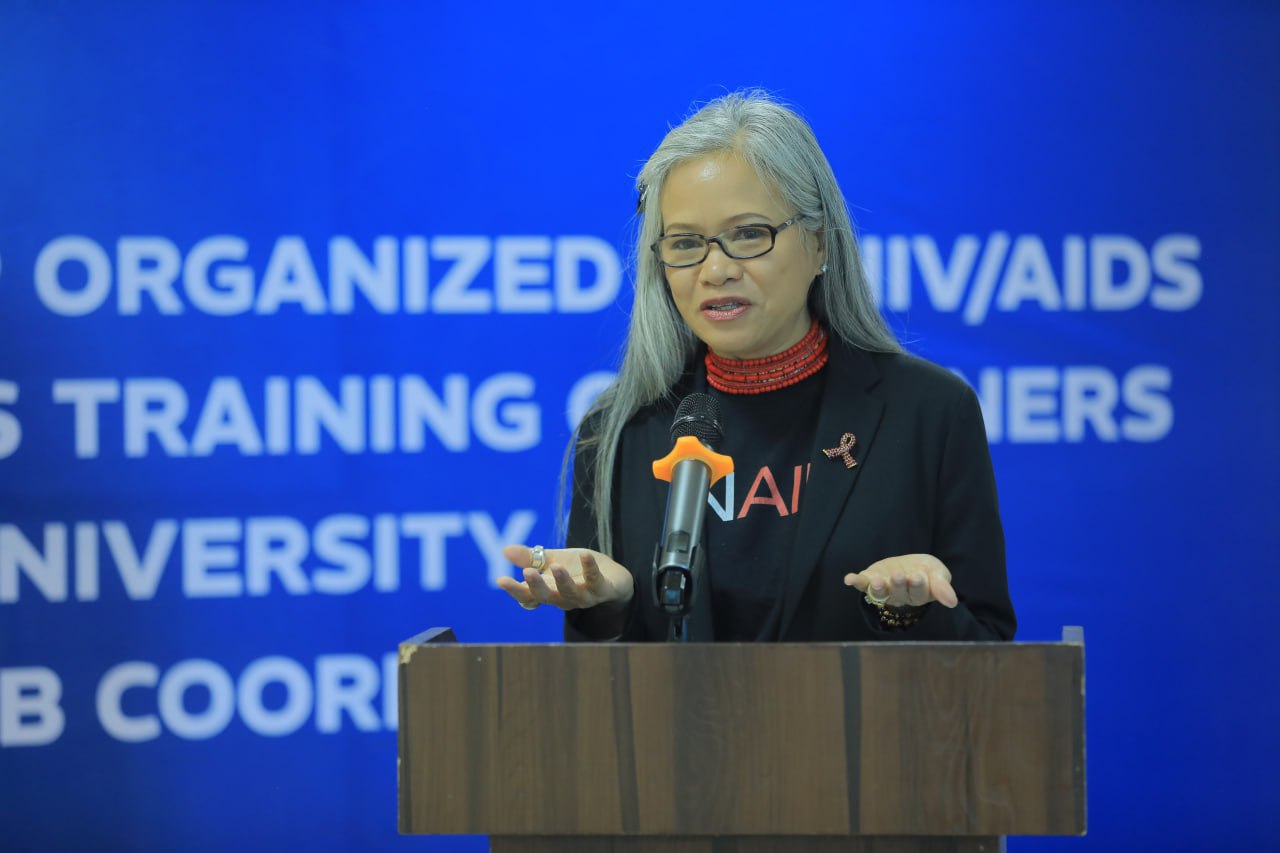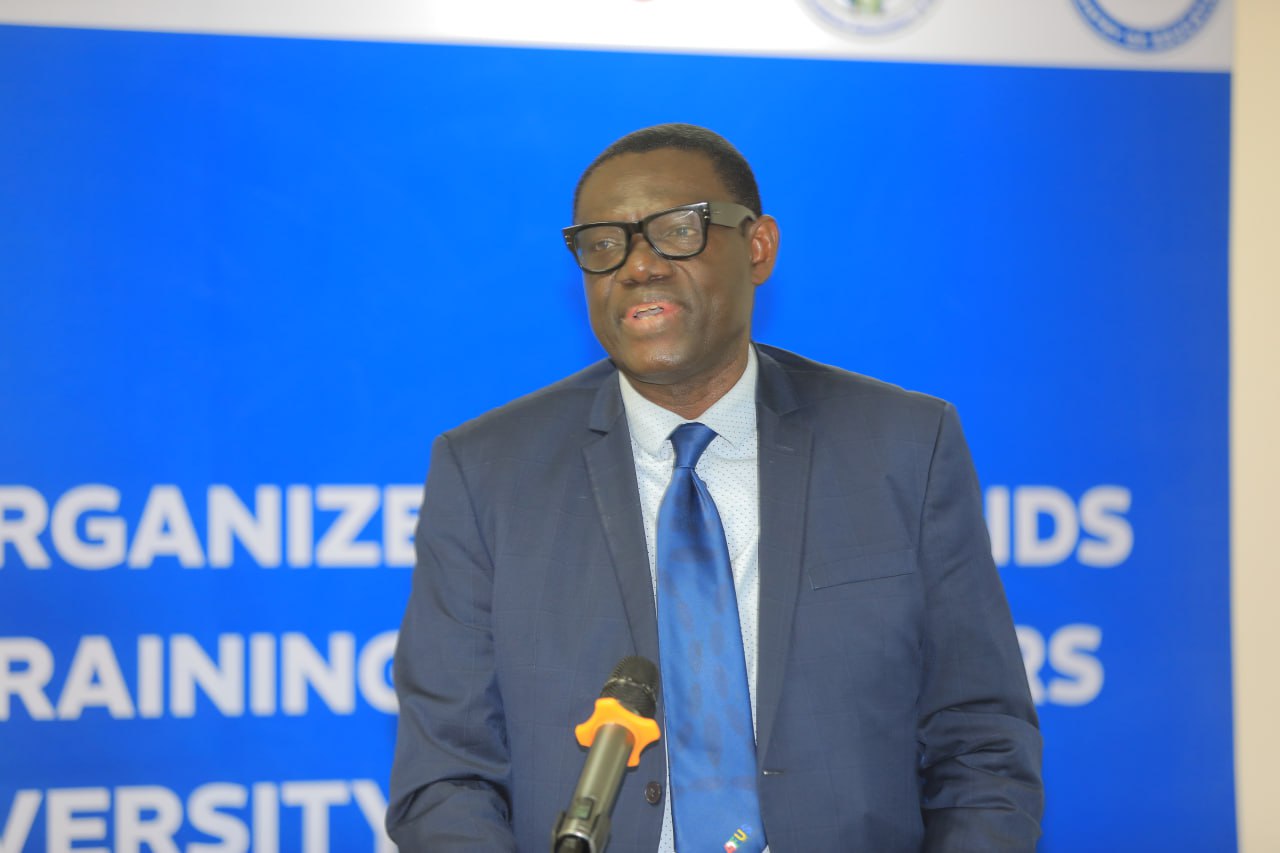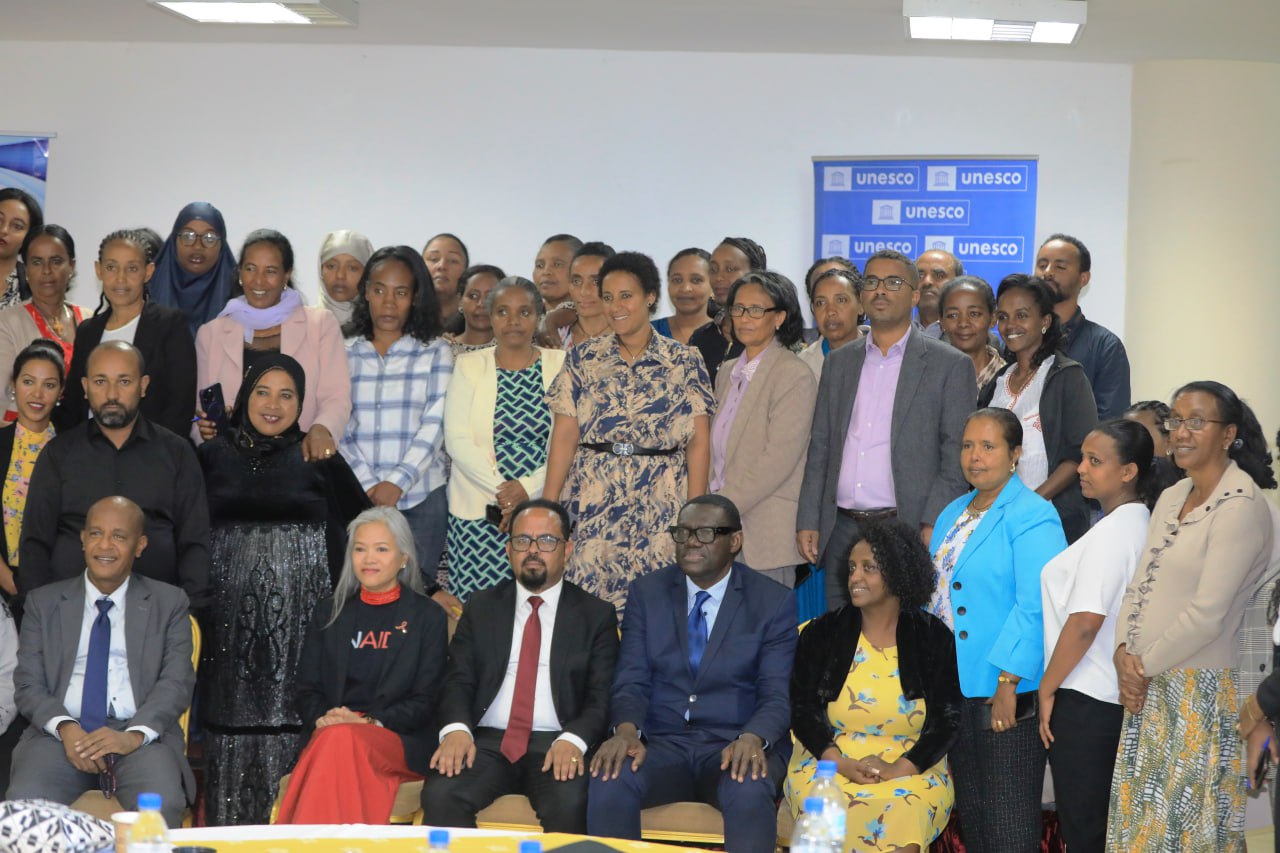(November 25/2017) A workshop on HIV and reproductive health was opened with participants from higher education institutions.
At the opening of the workshop, Ms. Kritawayan Bunto, UNAIDS Ethiopia Director, said that the role of higher education institutions is significant in achieving the goal of ending HIV/AIDS by 2030.
Ms. Kritawayan said that 1.3 million people were infected with HIV in the world last year alone, and nearly 600,000 people died from the disease.
Despite progress in Ethiopia, more than 620,000 people are living with the disease, 17,000 have died from the disease, and an additional 7,000 people are newly infected with the virus, she noted.
She also noted that most of those infected are young people, recognizing the urgency of the problem, and that governmental and non-governmental organizations should work together to find solutions.
Dr. Abdullahi Salif, the African Union Liaison Office and Representative of Ethiopia to UNESCO for Education, said that HIV/AIDS is attacking teachers and students in higher education, causing physical and psychological harm, and reducing academic achievement and performance.
He said that higher education institutions are working to address the problems of HIV/AIDS and strengthen their capacity to resist the spread of the virus by supporting and empowering them with life skills, training, and knowledge.
The workshop participants also stated that they are expected to use the opportunities they gain from the platform to bring about change in their institutions and communities to prevent HIV/AIDS.
Dr. Solomon Abraha, Executive Director of Higher Education Administration and Infrastructure, said that HIV and reproductive health problems are not only medical but also deeply intertwined with socio-cultural and educational problems.
He pointed out that the vulnerability of HIV/AIDS in higher education institutions is largely neglected and said that HIV/AIDS club coordinators are working to empower students and share knowledge-based information to contribute to the fight against the disease.
He indicated that the workshop will help to address the challenges and threats posed by HIV/AIDS, facilitate the exchange of experiences, enhance institutional cooperation and create awareness to respond to HIV/AIDS.
The workshop was attended by participants from public and private universities, as well as the Federal Technical and Vocational Institute.




Source: MoE
Comment
